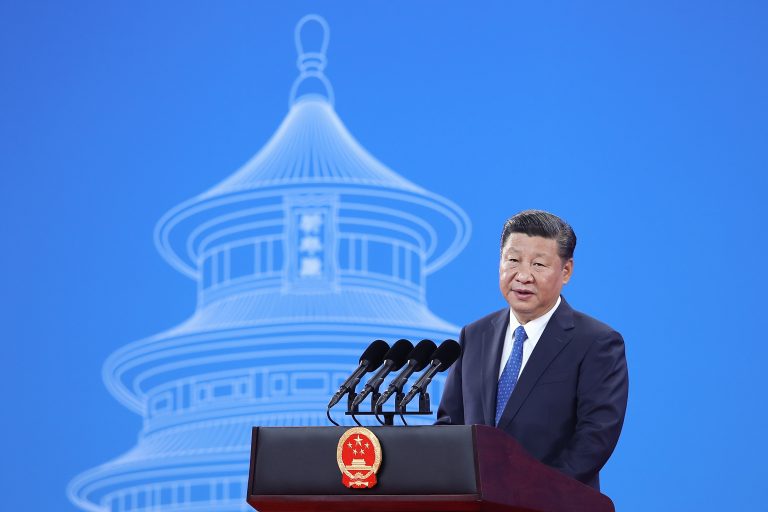China’s candidate to represent Interpol, Hu Binchen, has come under fire as several international bodies have decried his candidacy.
The global resistance came after fears regarding the safety of thousands of Chinese political opponents, who could be at risk should Hu be elected.
An opposed candidacy
Hu Binchen, a security official for Beijing’s Ministry of Public Security, is one of three candidates contending for Asia delegacy on Interpol’s executive committee, which oversees the organization’s policy and direction and the work of the general secretariat.
His candidacy for the committee has sparked international outrage from multiple politicians and activists, who fear that Hu’s appointment could allow the Chinese Communist Party (CCP) to “misuse the police body’s powers and databases,” and endanger the lives of countless Chinese dissidents.
Interpol is the international police network consisting of 194 member countries, and has databases that provide access to information that could be used to combat terrorism and criminal activity.
Success
You are now signed up for our newsletter
Success
Check your email to complete sign up
The elections for the Interpol Executive Committee will be held from Tuesday to Thursday this week, in Ankara, Turkey, on a “one-country, one-vote basis.”
A letter was sent by the Inter-Parliamentary Alliance on China (IPAC), an international group of lawmakers, to respective governments from around the world as part of their goal to encourage opposition against Beijing’s movements.
It read, “By electing Hu Binchen to the Executive Committee, the General Assembly would… place the tens of thousands of Hong Konger, Uyghur, Tibetan, Taiwanese and Chinese dissidents living abroad at even greater risk.”
The letter was penned by 50 legislators across 20 countries, including U.S. Sen. Marco Rubio (R-Fla.), Rep. Mike Gallagher (R-Wis.), Reinhard Butikofer of the European Parliament, and other lawmakers from the UK and Australia – the latter of which saw multiple MPs join the opposition to Hu’s position.
It also criticizes Interpol’s system of “red notices,” which are requests used “to locate and provisionally arrest an individual pending extradition.” It is also said that these red notices have been “repeatedly abused” by the CCP as a means to persecute dissidents and to have them sent back to China.
Moreover, 40 activists, including Uyghur activist Dolkun Isa and Hong Kong activist Nathan Law, wrote another appeal, stating that Hu’s election would have “grave consequences” on other activists hiding from retaliation.
Both IPAC and the activists cited the arrest of Idiris Hasan in Morocco in July after a now-deleted red notice was filed by the communist government. Interpol’s cancellation of the red notice led to claims that the organization failed “to protect against the system’s misuse by China.”
The activists’ letter stated that Hu’s place in the election “further highlights long-standing concerns about China using leadership positions to gain influence in [Interpol], which in the past has damaged its reputation and reportedly threatened its political neutrality.”
Beijing has long been accused of committing atrocities against Uyghur Muslims in Xinjiang, China, though the communist party has denied all accusations.
The Commissioner of the Criminal Investigation Bureau of Taiwan, Huang Chia-lu, called for support to have the Republic of China (ROC) enter Interpol to oppose China’s ambitions.
Words of a worried wife
Wife of former Interpol chief Meng Hongwei, Grace Meng, told The Associated Press (AP) in an interview that she feared that Hu Binchen could meet the same fate as her husband did.
Meng was on a trip to China from France in 2018 when he later disappeared and was sentenced to 13.5 years in prison after being charged with bribery under communist president Xi Jinping’s anti-corruption crackdown.
Hu has worked as China’s deputy director general of Beijing’s international cooperation department. His candidacy for the spot in the Interpol Executive Committee came three years after the disappearance of Meng Hongwei, former president of Interpol who was once close friends with Hu.
Grace Meng has branded Xi and his government a “monster” that “eats children.”














